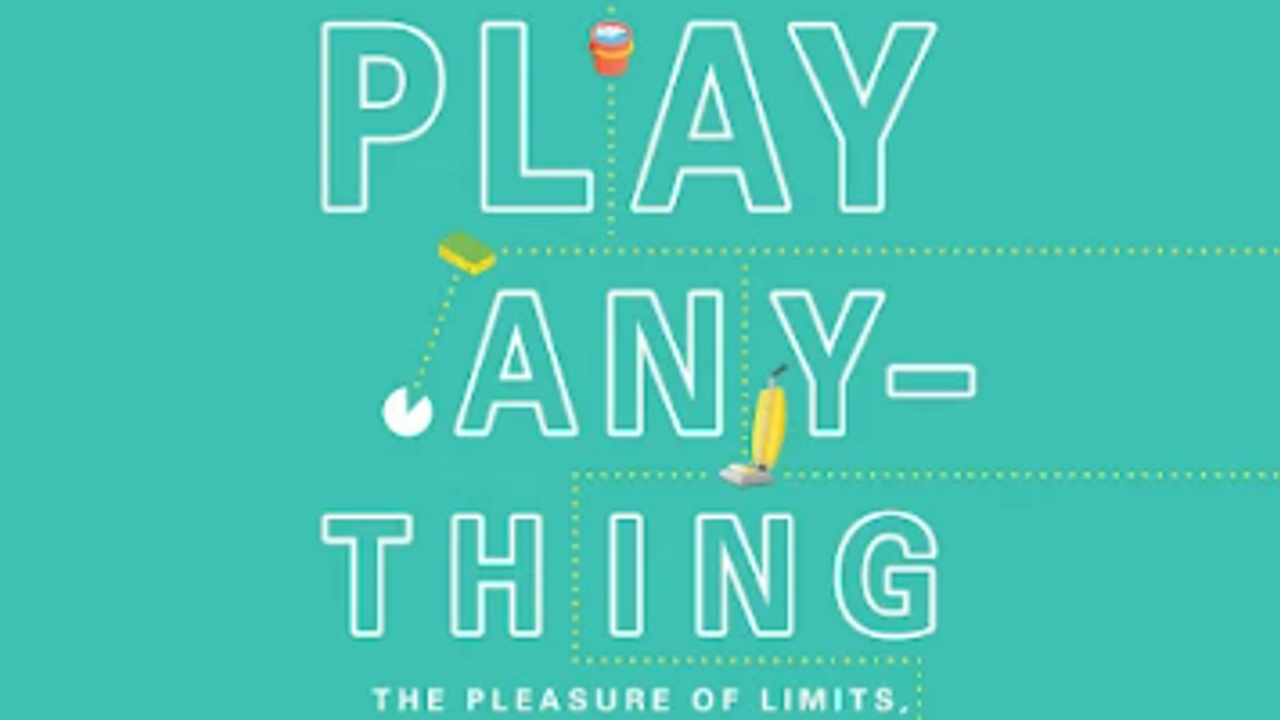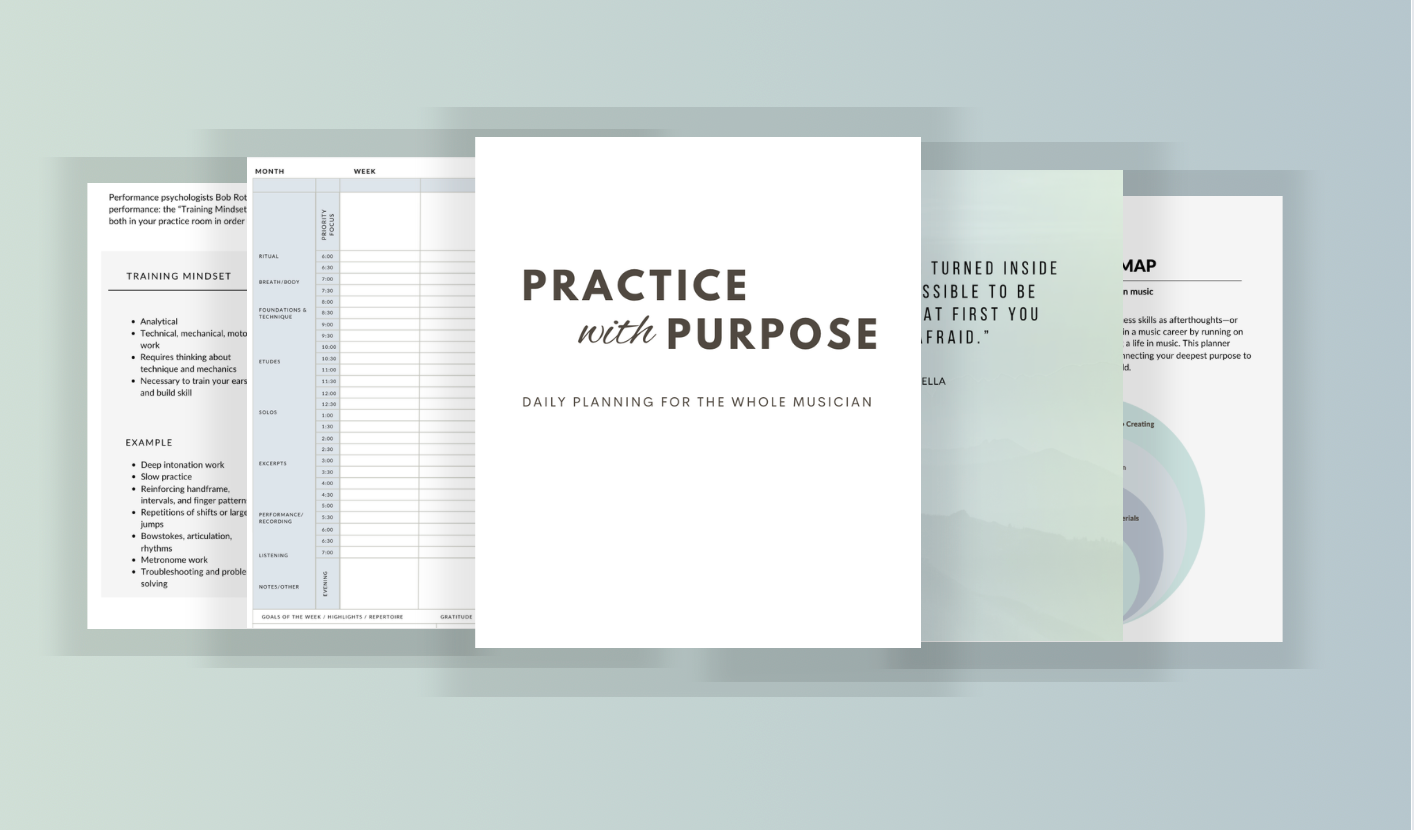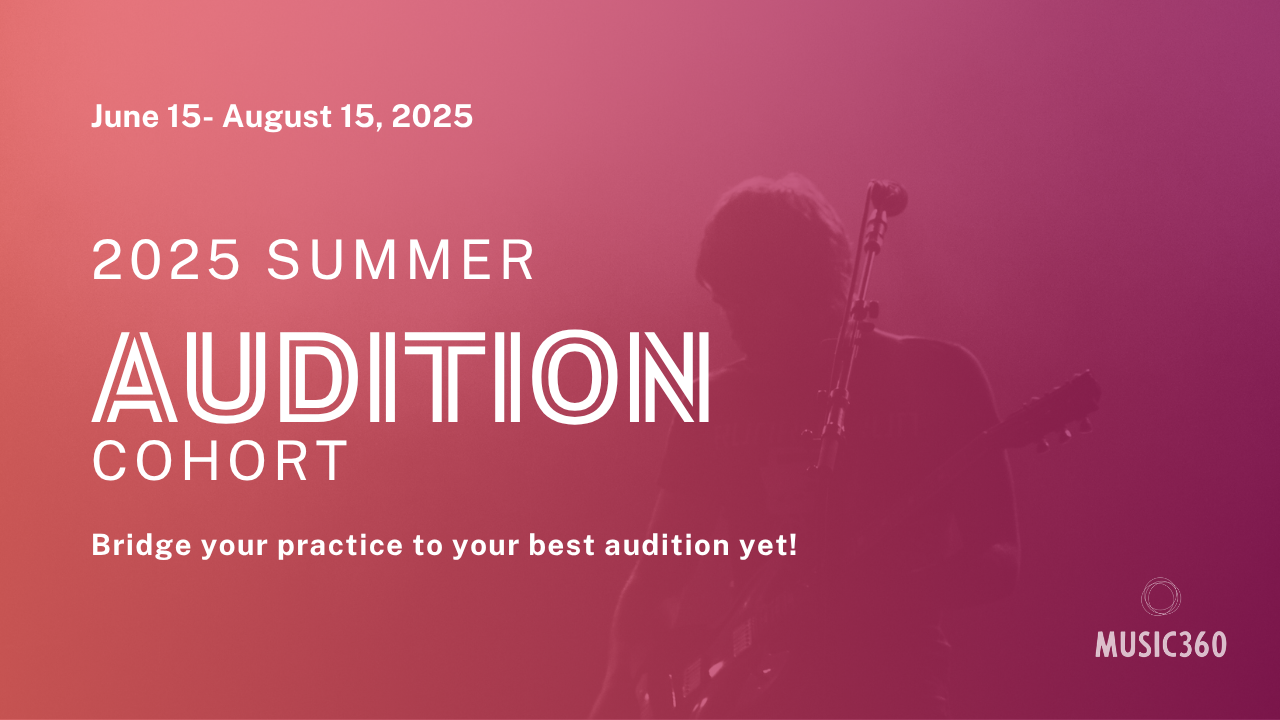Play Anything

This past week, I (Ixi) have been away with the family, first a fun-filled and touristy trip to New York City, then a couple of days in Vermont where Ted grew up. Traveling with kids is at once exciting (seeing the world through their eyes, especially them taking NYC all in) and grueling (with some form of "are we there yet" and "how long until lunch" filling the air at any given moment).
I should give them more credit, our kids are actually great travelers! They do look up occasionally from screens to look out the window, they like to know the itinerary, and they fill time playing… games.
Whether it's the License Plate Game, Twenty Questions, the ABC game, Word Association, or Trivia… whenever there was a lull in the action, someone would inevitably start a game.
So I got to thinking about a book I came across recently called Play Anything: The Pleasure of Limits, the Uses of Boredom, and the Secret of Games by Ian Bogost based on the premise that anything could be approached as a game, that there's FUN to be had in the boring, ordinary world.
What if we applied a playful mindset to our work, our tasks and even…. our practice? Bogost asserts that games appeal to us not because they are fun, but because they set limitations! Just like boundaries make us feel safe, play happens when we accept the limitations, narrow our focus and have fun!
So this week, try incorporating some creative fun into your practice! You might even reach back into your early music-making days when teachers gave you fun little charts or stickers to make practicing fun? Our kids have done car races, earned M&Ms, and embodied cartoon characters, but what might be some "grown up" practice games that you can use?
Here are a few you can try:
1. Create loops. Like a record player stuck on a groove, loop difficult sections a few times before seamlessly moving on
2. Inside-Out practice. This works well for me in modern music, especially when there's no discernable pattern. Take a difficult passage and starting with the middle most note, add one note at a time before and after it until you have played the whole passage.
3. Phrasing on one note. Play the phrase with bow or air, but instead of playing all the notes, play it on one note only. Focus on how the quality, speed, and velocity of your air or bow or fingers change through the phrase.
4. Play things backward and forward
5. See if you can make subtle adjustments in your dynamic, say creating a mp, mp+, mp++, mf - - , mf -, mf
6. What about microintervals?
7. 10 pennies. You can use a stack of pennies to track the number of times in a row you play a passage correctly.
8. Distraction Game. A form of adversity training, have people make noise, cough, rustle paper or write loudly as you play through a piece or excerpts.
After all, Wordle wouldn't be Wordle, soccer wouldn't be soccer and chess wouldn't be chess if it weren't for the rules! And when things get hard, it's even more enjoyable!.
So next time you're struggling in the practice room, take a Play Anything approach, lighten things up and have fun.
What other ideas do you have? Do you use any games now?


